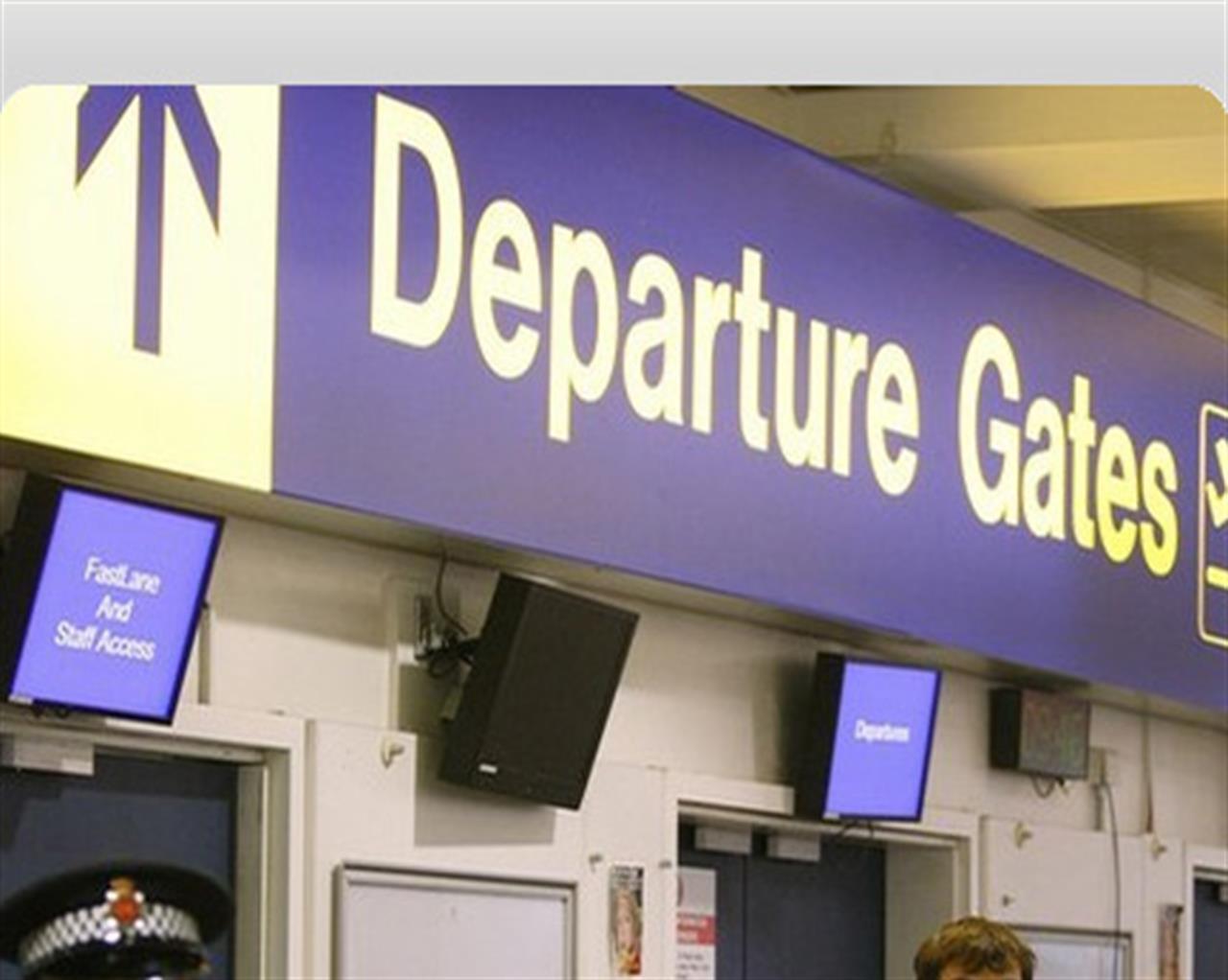Non profit
Disability takes off
EU regulation 1107 is set to revolutionise air travel for people with disabilites. At least, in theory.

The air travel revolution is about to take off for all Europeans affected by reduced mobility. On July 26 a European regulation (1107/2006) calls for airports to ensure that all infrastructure and aircrafts are accessible to people with reduced walking ability. This includes not only people with disabilities (physical and mental) but anyone who has trouble walking.
In Italy alone, according to the National civil aviation body, Enac, the EU regulation will affect more than 400 thousand people, which is the number of people affected by reduced mobility that passed through Italy’s 36 airports last year. It is estimated that up to 10% of Europe’s population are unable to walk to the long distances often required in modern airports, either because of a handicap or their age.
The principle behind the regulation is simple: No person should be left on the ground because of they are affected by reduced mobility, as long as they have a ticket and have booked their place at least 48 hours before departure. Logistics should not prevent people from travelling and everyone, including people with disabilities, has the right to travel by air at no extra cost.
“This means for all routes and with no added burden”, explains Luisella Fazzi, European Commission contact person for disability NGO Fish which she is also vice president of.
There are two exceptions to the regulations. The first concerns the so called “security restrictions”, prescribed by international regulations (“that”, adds Fazzi, “have never been made public, either by the authorities or by the air companies”). The other, regards the size of airplanes and of their doors: people with disabilities cannot travel in airplanes that physically cannot host them. The European regulation does not, in fact, mention that any structural changes (either to airports or airplanes) are necessary in order to comply with the new principles.
Exceptions aside, says Fish’s vice president, “it is an epochal shift”. Enac, the body that in Italy is in charge of implementing the regulation in Italy, and the airports themselves are the protagonists of this revolution and EU documents indicate that they are to be the sole points of reference when it comes to the accessibility of the passenger’s entire trip. “Good news”, comments Fazzi: “Before, when presenting claims people had to contact the air companies, who really are only responsible for flight assistance and luggage transfer”. Which is also one of the reasons why there is no information on the number of claims presented by people with disabilities: no ine had ever bothered to count the number of disabled passengers travelling with the different air companies.
But exactly does the regulation call for? First of all it establishes that the entire trip has to be accessible: from parking facilities at the departure airport to the parking facilities at the airport of arrival. To make this happen, Enad has issued a circular (fruit of the cooperation with various associations that work with disabled people, including Fish and Fand) that states a long list of suggested changes. Such as clear and visible signs for the visually impaired, the availability of wheelchairs to facilitate boarding, the definition of minimum compensation for the loss of wheelchairs (wheelchairs are generally considered as luggage and thus compensated for a maximum of 600 euros) and training courses for hostesses and stewards in the assistance of disabled people. The EU regulation also establishes minimum quality levels that have to be achieved and maximum waiting times not to be exceeded when answering all requests.
As the deadline approaches is it likely that the regulation will actually be applied? “Not all of the Italian airports have involved us in organising training courses for staff, as required by Enac had asked” explains Fish’s vice president. “Some drew up their plans before consulting us, others have been helpful and have already completed training courses”. Funds are available for the required changes, such as the cost of training but nevertheless the funds must be divided equally meaning that Enac will have to add an extra fee to the price of tickets (15-70 cents per ticket) to cover the costs.
But the real problem lies elsewhere: “So far no sanctions have been decided on for not complying to the rules” complains Fazzi. Enac’s reply calls for patience, as a specific law has to be passed in order to fine airports. But they assure they are working on it.
Translation by: Cristina Barbetta
Find out more
Nessuno ti regala niente, noi sì
Hai letto questo articolo liberamente, senza essere bloccato dopo le prime righe. Ti è piaciuto? L’hai trovato interessante e utile? Gli articoli online di VITA sono in larga parte accessibili gratuitamente. Ci teniamo sia così per sempre, perché l’informazione è un diritto di tutti. E possiamo farlo grazie al supporto di chi si abbona.
